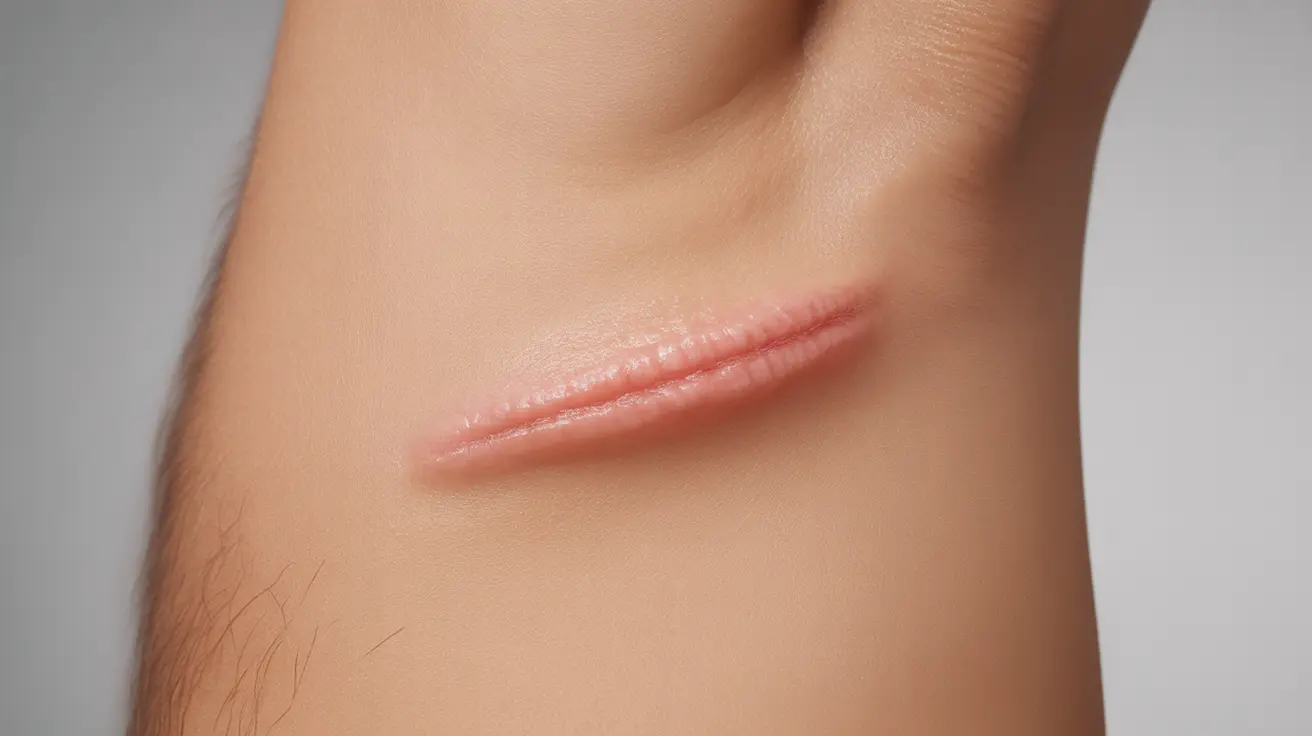Liposuction remains one of the most popular cosmetic procedures for body contouring, but many potential patients have concerns about scarring. While liposuction scars are generally minimal, understanding their nature, prevention, and treatment options can help you make informed decisions about the procedure and ensure optimal healing outcomes.
This comprehensive guide explores everything you need to know about liposuction scarring, from what to expect during recovery to proven methods for minimizing their appearance. We'll also discuss risk factors and alternative options for those particularly concerned about scarring.
Understanding Liposuction Scars
Liposuction scars typically result from small incisions made during the procedure to insert the cannula – the thin tube used to remove fat cells. These incisions are usually only 3-4 millimeters in length and are strategically placed in natural skin folds or less visible areas of the body.
Most patients can expect their initial incision marks to appear pink or red, gradually fading to a lighter color over several months. The final appearance of these scars largely depends on factors such as skin type, genetics, and post-operative care.
Prevention and Early Care
The first few weeks after liposuction are crucial for minimizing scar formation. Following your surgeon's post-operative instructions carefully can significantly impact the healing process and final scar appearance.
Immediate Post-Operative Care
- Wear compression garments as directed
- Keep incision sites clean and dry
- Avoid direct sun exposure
- Follow all medication protocols
- Attend all follow-up appointments
Long-Term Scar Management
- Apply recommended scar treatments consistently
- Maintain proper hydration of the skin
- Use sun protection when outdoors
- Follow a healthy diet rich in vitamins C and E
- Stay well-hydrated to support skin healing
Treatment Options for Existing Scars
Several effective treatments can help minimize the appearance of liposuction scars, especially if they're more noticeable than desired:
Topical Treatments
- Silicone sheets or gels
- Vitamin E creams
- Specialized scar reduction products
- Medical-grade moisturizers
Professional Treatments
- Laser therapy
- Microneedling
- Chemical peels
- Dermal fillers (for indented scars)
Risk Factors for Problematic Scarring
Some individuals may be more prone to developing noticeable scars after liposuction. Understanding these risk factors can help in making informed decisions about the procedure:
Common Risk Factors
- History of keloid formation
- Darker skin tones
- Genetic predisposition to scarring
- Poor wound healing
- Smoking or tobacco use
Alternative Options
For those particularly concerned about scarring, several non-surgical fat reduction alternatives exist, though results may vary:
- CoolSculpting
- Ultrasound therapy
- Radiofrequency treatments
- Injectable fat dissolution
Frequently Asked Questions
What causes liposuction scars and how visible are they usually?
Liposuction scars are caused by the small incisions necessary to insert the cannula during the procedure. They're typically very small (3-4mm) and are strategically placed in natural skin folds or less visible areas. Most scars become barely noticeable after complete healing, appearing as small, light-colored marks.
How can I care for my skin after liposuction to reduce scarring?
To minimize scarring, follow your surgeon's post-operative instructions carefully, wear compression garments as directed, keep the incision sites clean and protected from sun exposure, use recommended scar treatments, and maintain proper hydration both internally and externally.
What treatments are effective for fading or minimizing liposuction scars?
Effective treatments include silicone sheets or gels, topical vitamin E, professional laser therapy, microneedling, and chemical peels. The best treatment plan often combines multiple approaches and should be discussed with your healthcare provider.
Who is at higher risk for noticeable or keloid liposuction scars?
Individuals with darker skin tones, a personal or family history of keloid formation, poor wound healing, or certain genetic predispositions may be at higher risk for noticeable scarring. Smoking and poor nutrition can also increase scarring risk.
Are there non-surgical fat removal options that avoid liposuction scars?
Yes, several non-surgical alternatives exist, including CoolSculpting, ultrasound therapy, and radiofrequency treatments. While these methods avoid incision scars, they may require multiple sessions and typically provide more modest results compared to traditional liposuction.




